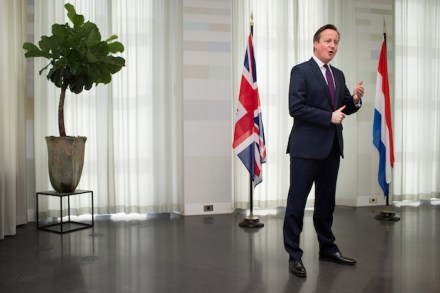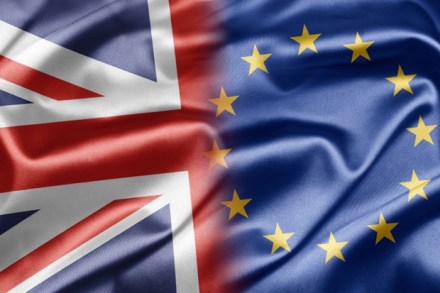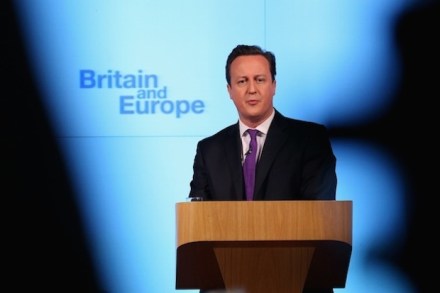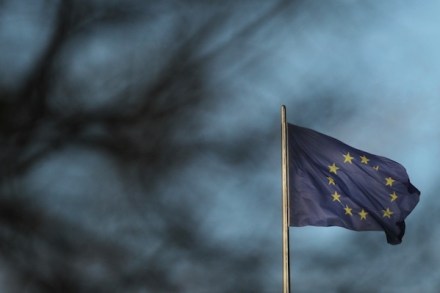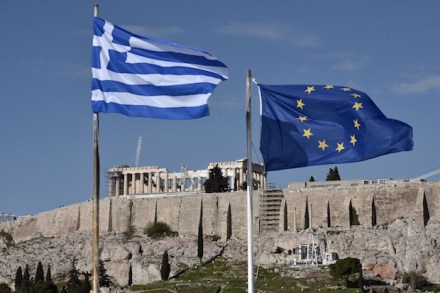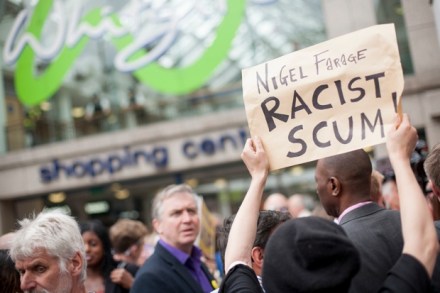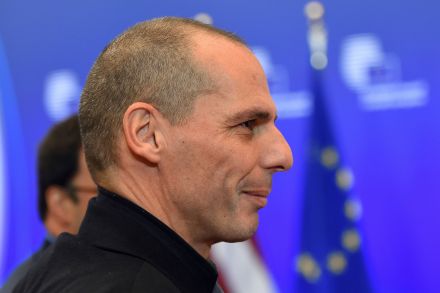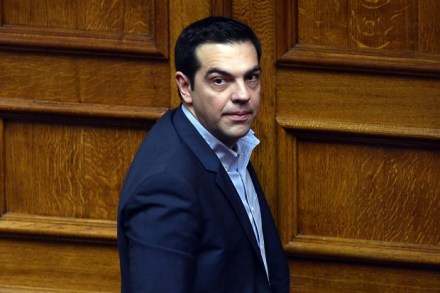The Europhiles need to act soon — or lose momentum to the sceptics
Who will speak up for Britain’s relationship with Europe? Even those abroad have noticed that the recent talk from the government and pressure groups has all been tinged with Euroscepticism. During David Cameron’s visit to France yesterday, the French foreign minister Laurent Fabius said he was unhappy with this attitude: ‘I find this process quite dangerous … The British population has got used to being repeatedly told: ‘Europe is a bad thing’, and the day they are asked to decide, the risk is that they will say well you told us: ‘Europe is a bad thing’.” Fabius went on to use a football analogy to describe Britain’s behaviour: ‘One can’t join a football club and
